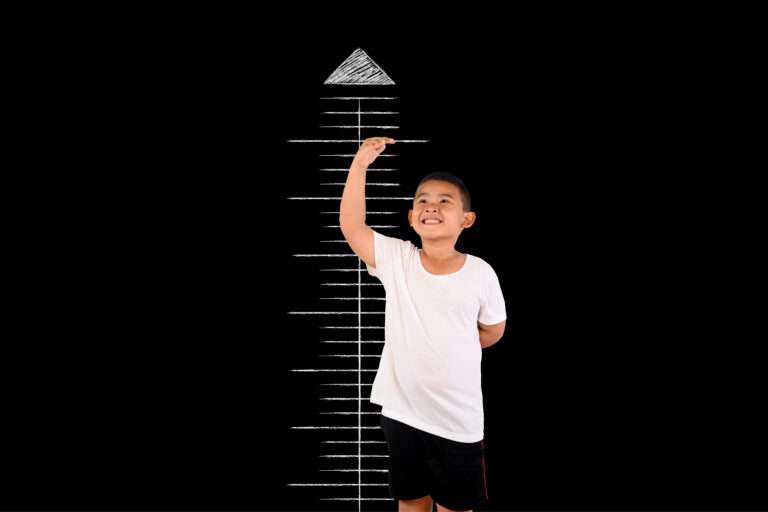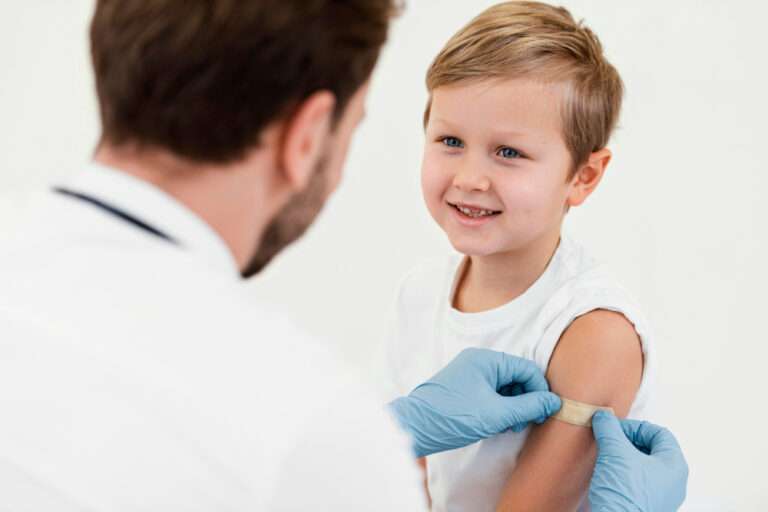Eating Disorders in children
Eating disorders in children are serious mental health conditions characterized by disturbances in eating behavior, body image, and weight control. While they are more commonly associated with adolescents and adults, eating disorders can affect children of various ages. Recognizing and addressing eating disorders in children is essential to provide timely intervention and support. Here are some common eating disorders in children:
- Anorexia Nervosa: Anorexia is characterized by extreme restriction of food intake and an intense fear of gaining weight. Children with anorexia may exhibit rapid weight loss, an obsession with food and calories, and a distorted body image. Anorexia can lead to severe physical and mental health consequences.
- Bulimia Nervosa: Bulimia involves a cycle of binge eating (consuming large amounts of food in a short time) followed by purging behaviors such as vomiting, excessive exercise, or laxative use. Children with bulimia may be of normal weight or slightly overweight. This disorder can lead to electrolyte imbalances, dental problems, and gastrointestinal issues.
- Avoidant/Restrictive Food Intake Disorder (ARFID): ARFID is characterized by an extreme avoidance of certain foods or textures, leading to restricted food choices. It is not driven by body image concerns but can result in poor nutrition and growth issues in children.
- Binge-Eating Disorder: Binge-eating disorder involves recurrent episodes of consuming large amounts of food in a short time without purging behaviors. It often leads to overweight or obesity in children and can have negative physical and emotional consequences.
- Pica: Pica is characterized by the consumption of non-nutritive, non-food items like dirt, chalk, or paper. This eating disorder is more common in children and may be associated with underlying nutritional deficiencies.
- Orthorexia: Orthorexia involves an obsession with eating only “healthy” or “pure” foods and a fear of “unhealthy” or “impure” foods. While not an officially recognized disorder, it can lead to nutritional imbalances and impair a child’s social life.
Causes and Risk Factors: Eating disorders in children can be influenced by a combination of genetic, psychological, environmental, and cultural factors. Common risk factors include:
- A family history of eating disorders or mental health issues.
- Peer pressure and social expectations, particularly in adolescence.
- Low self-esteem and body dissatisfaction.
- Stressful life events, such as trauma or family changes.
- Participation in activities or sports that emphasize body shape and weight.
Signs and Symptoms: Recognizing eating disorders in children can be challenging, as symptoms can vary widely. However, common signs and symptoms may include:
- Rapid or significant weight loss.
- Obsessive calorie counting or food tracking.
- Food rituals and avoidance of specific food groups.
- Frequent trips to the bathroom after meals.
- Mood swings, irritability, or withdrawal from social activities.
- Obsessive exercising or excessive concern about body shape and weight.
- Changes in physical appearance, such as dry skin, brittle nails, or hair loss.
Treatment: The treatment of eating disorders in children typically involves a multidisciplinary approach, including medical, nutritional, and psychological components. Treatment may include:
- Medical evaluation and monitoring for physical health complications.
- Nutritional counseling to establish a healthy relationship with food.
- Individual and family therapy to address underlying psychological issues and provide support.
- Support groups to help children and families share experiences and strategies for recovery.
Early intervention is crucial, as eating disorders can have severe physical and psychological consequences if left untreated. Parents, caregivers, and healthcare professionals should be vigilant in recognizing the signs of eating disorders in children and seek professional help as soon as they suspect an issue.
------------From our Sponsors------------









